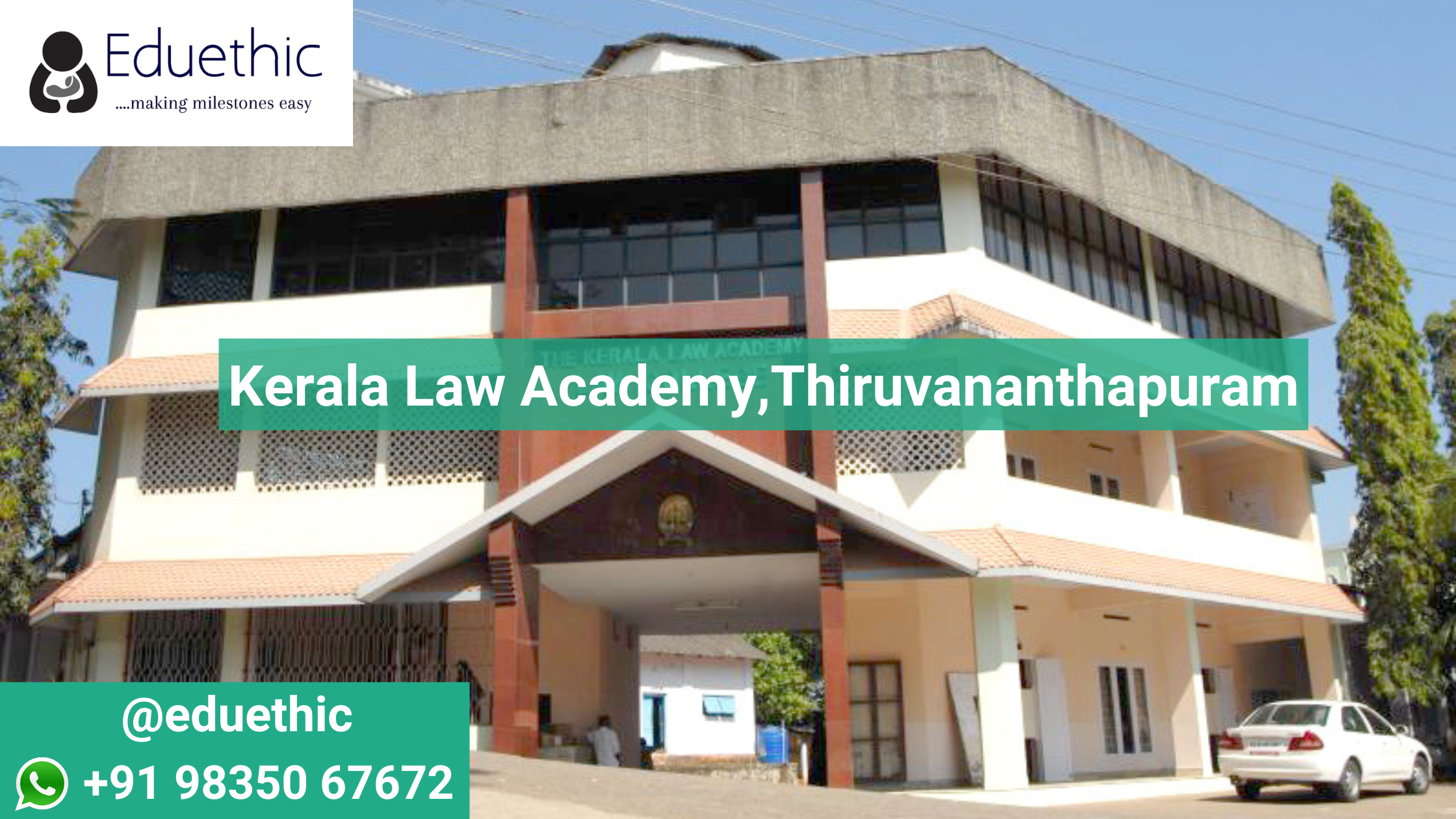MS Ophthalmology: Course Details, Eligibility, Admission, Fees
By: Eduethic
Introduction
MS Ophthalmology is a two-year postgraduate program that handles advanced research studies in eye anatomy, physiology, and disease.
Warning: Undefined array key "blogDesc" in /www/wwwroot/eduethic.com/blog_view.php on line 264
Deprecated: chop(): Passing null to parameter #1 ($string) of type string is deprecated in /www/wwwroot/eduethic.com/blog_view.php on line 264
MS Ophthalmology is a two-year postgraduate program that handles advanced research studies in eye anatomy, physiology, and disease. There are various job opportunities available to those who pursue this career. They can satisfy the Eye doctor,Surgeon, Professor/Lecturer ENT Expert Medical Assistant, Clinical Assistant, and many others.
Eligibility Criteria
The admission process for an MS Ophthalmology course in India starts with a thorough examination of the requirements for the course, which consist of a minimum total of 45-50% MBBS at any recognized college or organization. A score is needed for the entrance examinations. The program is accessible to everyone of any age. Presently, MS Ophthalmology in India is a very in-demand and sought-after program. It has a vast work area for candidates after they have passed out.
Admission Process
The MS Ophthalmology admission process begins with the student completing the requirements for eligibility, which include having a minimum cumulative score of 45 to 50 percent within MBBS and passing the admission tests administered by national institutes, national bodies, or a group of institutes. Following that, applicants will be required to write an essay, participate in discussion groups, and take an interview with an individual following the passing of these tests. While the admission process is different from university to college, below are the steps that applicants need to take to gain admission.
Selection Process
The selection process is based upon the MS Ophthalmology qualification criteria of the minimum score on the exams listed. There may be an entrance exam in colleges after the test is completed. If you pass the test with a satisfactory score, the applicant is selected with or without funding and the amount to be paid by the amount outlined by the school.
Popular Entrance Exams
The selection is made based on what is known as the MS Ophthalmology eligibility criteria of the minimum scores of the exams listed. There may be an entrance exam in universities when it is completed. If the candidate passes with a good score, the applicant is selected. In either case, with or without borrowing, the amount must be paid based on the amount estimated by the company.
Syllabus and Subjects
This MS Ophthalmology course is a 2-year program that consists of 4 semesters. The course covers microsurgery with fineness with an operating microscope and vitreoretinal surgery for the eye. Based on the module of the program, the college may include its subjects and subjects.
- Orbital and Ocular Anatomy
- Gross anatomy
- Histology
- Ocular Physiology
- Ocular Pathology
- Biochemistry
Salary
The initial salary for an MS Ophthalmology student is approximately INR 1.5 15 LPA. As the skills and the experience grow, so will the pay increase. The salary varies depending on whether it is a private or public market and the market's popularity. Additionally, the job position is one of the factors considered when wages are being discussed.
Career Options
After completing a program with a degree in MS Ophthalmology, the applicant can be employed in both the public and private sectors based on what kind of work they are interested in or their skills. There is also the possibility of further specializing by completing the postgraduate level, such as an advanced doctorate, or further extending their education by taking other full-time classes. However, even this degree comes with a wide range of work due to the need and growth of the industrial sector and. Some of the top jobs for graduates following the MS Ophthalmology are:
- Ophthalmologist
- Lecturer/Professor
- ENT Specialist
- Clinical Assistant
- Clinical Data Analyst
- Consultant
- Demonstrator
- ENT Specialist
- Surgeon









 @2025| eduethic.com All Rights Reserved
@2025| eduethic.com All Rights Reserved